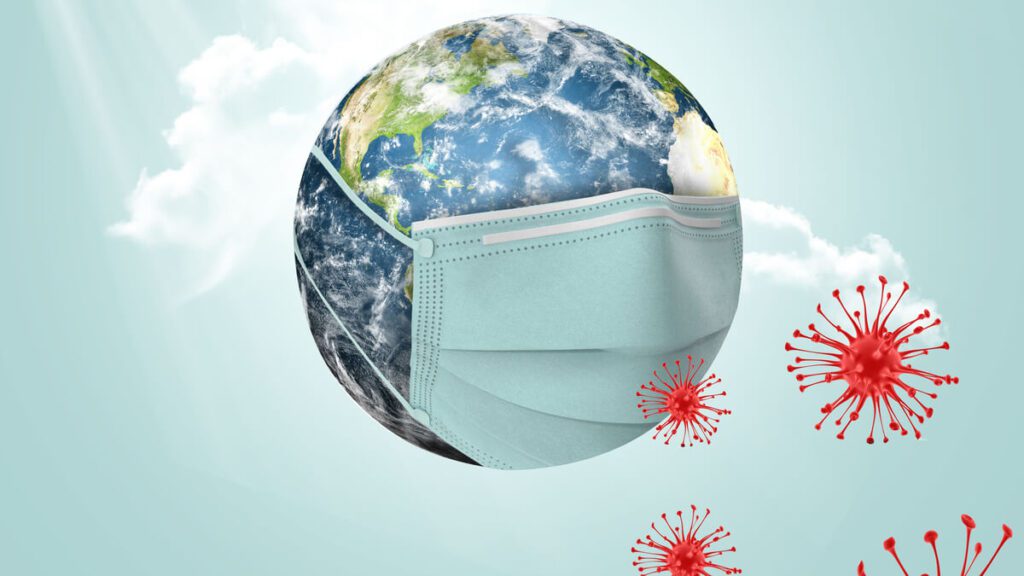COVID-19 and climate change: did anything really change?

The world has seen some remarkable things in the first months of lockdown with regards to COVID-19 and climate change. As the cities went silent and the roads became empty, noise pollution was reduced and carbon emissions were slashed. That’s all good news, but what happens when the pandemic ends?
People had a taste of what the world would look like if mankind achieved their climate goals. When the pandemic subsides, and life returns to normal or relative normality, will all the change we’ve seen revert back, or will the pandemic be a turning point?
The pandemic has caused some notable delay in essential global discourse that tackles climate change issues. Events such as the 2020 U.N. Ocean Conference, and the Convention on Biological Diversity have both been postponed until 2021, delaying essential decisions to be made by world leaders.
What’s more, due to most countries’ focus on actually mitigating the spread of the virus and reducing social and economic impacts, funding for sustainable development and environmental research has been stifled.
However, some countries are taking their sustainable development plans to the next level. France intends to be the leader in electric car manufacturing in Europe with its $8.8 billion investment towards its car industry, and even hopes to incentivize mass adoption buy buying back motor cars. Germany is dedicating one third of its $145 stimulus plan to renewable energy, public transportation and electric vehicles.
Despite the bad news, people are realizing the importance of stepping-up efforts toward climate change. The world is now aware that zero-carbon transportation, factories, agriculture, building heat regulation, and energy production are all very possible.
